آزمایشگاه ارزیابی و توانبخشی شناختی
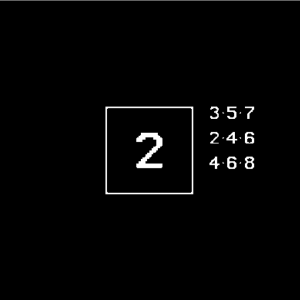
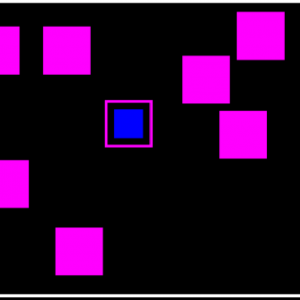

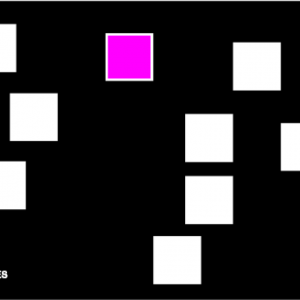
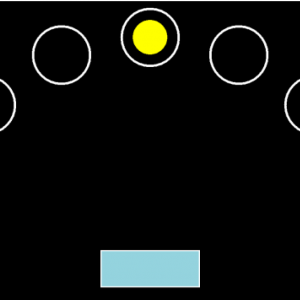
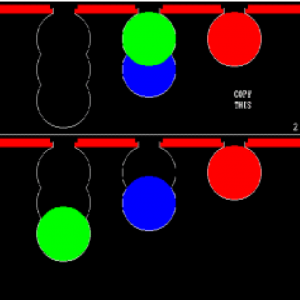

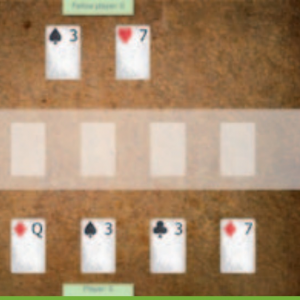
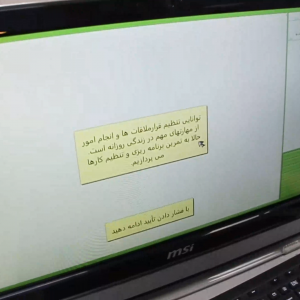
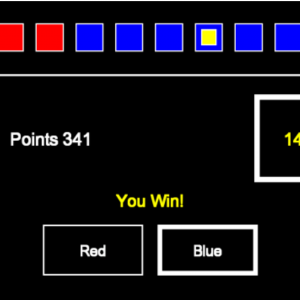
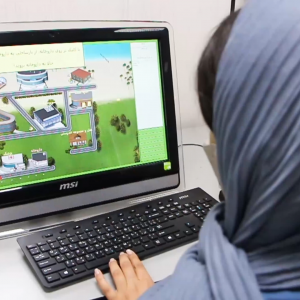
ارزیابیهای شناختی ابزار ارزشمندی برای درک نقش عملکردهای خاص مغز در طیفی از اختلالات و سندرومها هستند. ارائه بینش به علل زمینهای، شناسایی راههایی برای تشخیص اولیهترین علائم و ارزیابی اثرات مداخلات طراحیشده برای بهبود سلامت مغز از جمله کاربردهای این مجموعه آزمون است.
مجموعه آزمون خودکار تست عصبی-روانشناختی کمبریج (CANTAB) که در ابتدا در دانشگاه کمبریج توسعه یافت، شامل معیارهای بسیار حساس، دقیق و عینی عملکرد شناختی مرتبط با شبکههای عصبی است. تستهای CANTAB حساسیت به تشخیص تغییرات در عملکرد عصبی روانشناختی را نشان دادهاند و شامل تستهای حافظه فعال، یادگیری و عملکرد اجرایی، حافظه دیداری، کلامی و اپیزودیک؛ توجه، پردازش اطلاعات و زمان واکنش؛ شناخت اجتماعی و احساسات، تصمیم گیری و کنترل پاسخ میشود.
توانبخشی شناختی یا بازتوانی شناختی طیف وسیعی از مداخلات را شامل می شود که در آن سعی می شود عملکرد شناختی از دست رفته فرد به او باز گردانده شده، و یا اینکه توانایی های فرد از سطحی که در آن است بیشتر شود. توانبخشی شناختی بر نوروپلاستیسیتی مغز مبتنی است و مطالعات فراوانی به بررسی تغییرات ساختاری و فیزیولوژیک مغز پس از توانبخشی شناختی پرداخته اند. با حل تمرین ها، فرایندهای مغزی فعال شده و عملکردهای مهم مغز بهبود یافته یا بازسازی می شوند. توانبخشی موفقیت آمیز به این معنی است که فرد بهتر می تواند با چالش های زندگی روزمره کنار بیاید.
در بخش توانبخشی شناختی آزمایشگاه ملی نقشه برداری مغز، تمرین های کامپیوتری توانبخشی شناختی با استفاده از نرم افزار ریهاکام (RehaCom) ارائه می شود. این ابزار کاربردی به درمانگر در بازتوانی اختلالات شناختی که بر جنبه های خاصی از توجه، تمرکز، حافظه، ادراک، فعالیت های زندگی روزمره و موارد دیگر تأثیر می گذارد، کمک می کند. ریهاکام یک سیستم ماژولار برای توانبخشی شناختی است که دارای ۲۷ ماژول است. هر ماژول میتواند به عنوان یک سیستم آموزش مجزا و گسترده در نظر گرفته شود که به بهبود آسیبهای شناختی خاص کمک میکند.
کارشناسان این بخش




